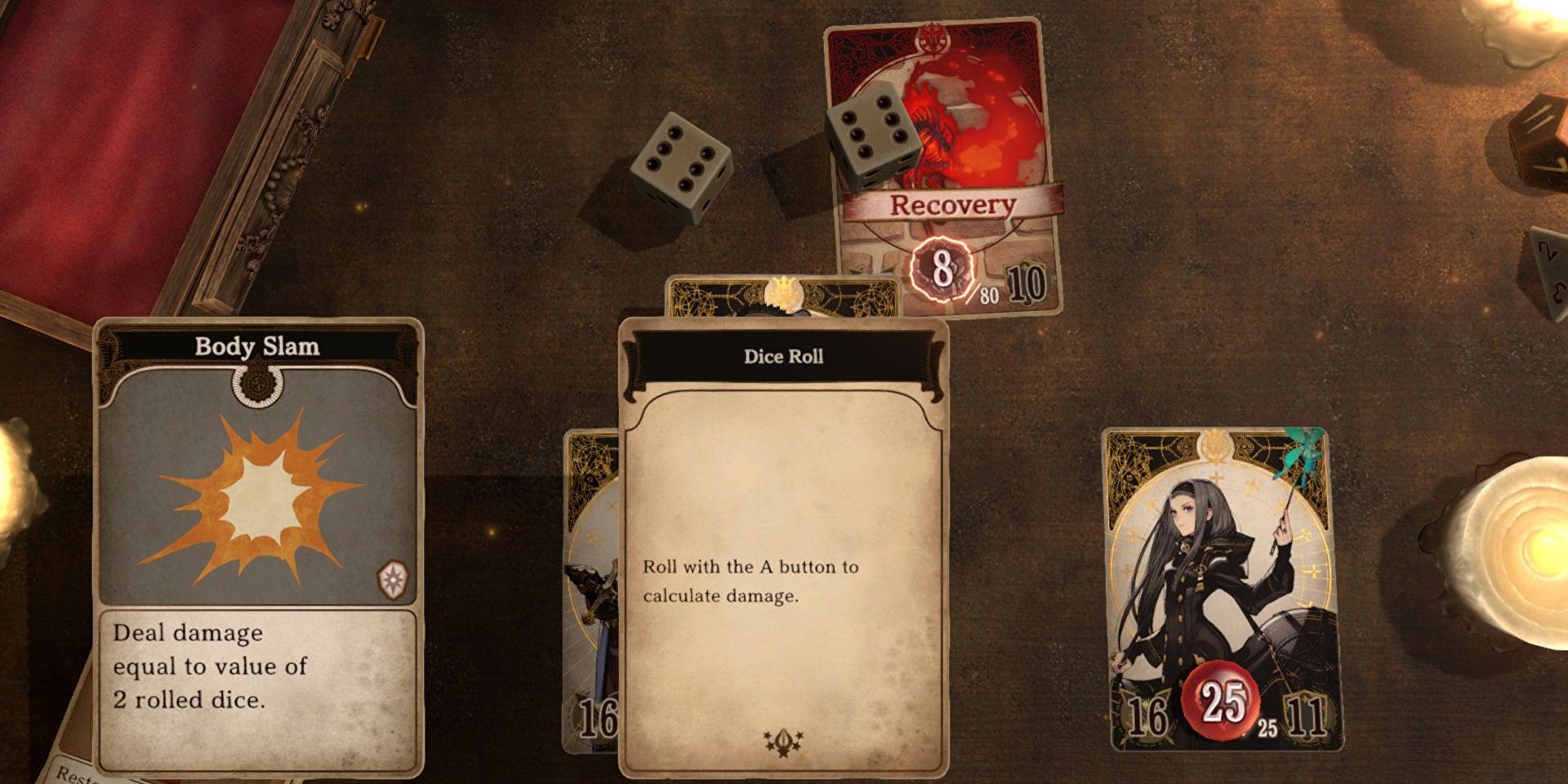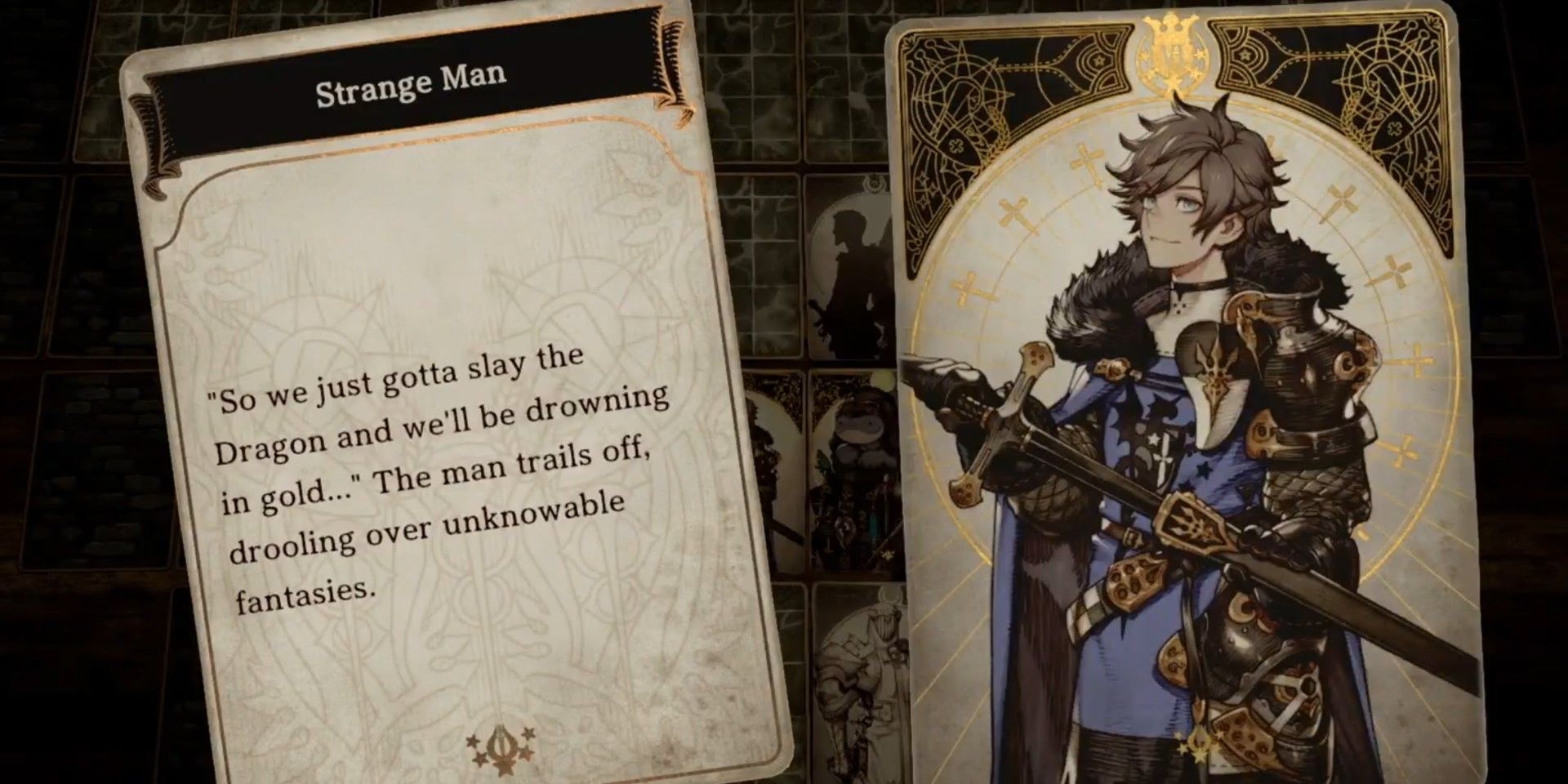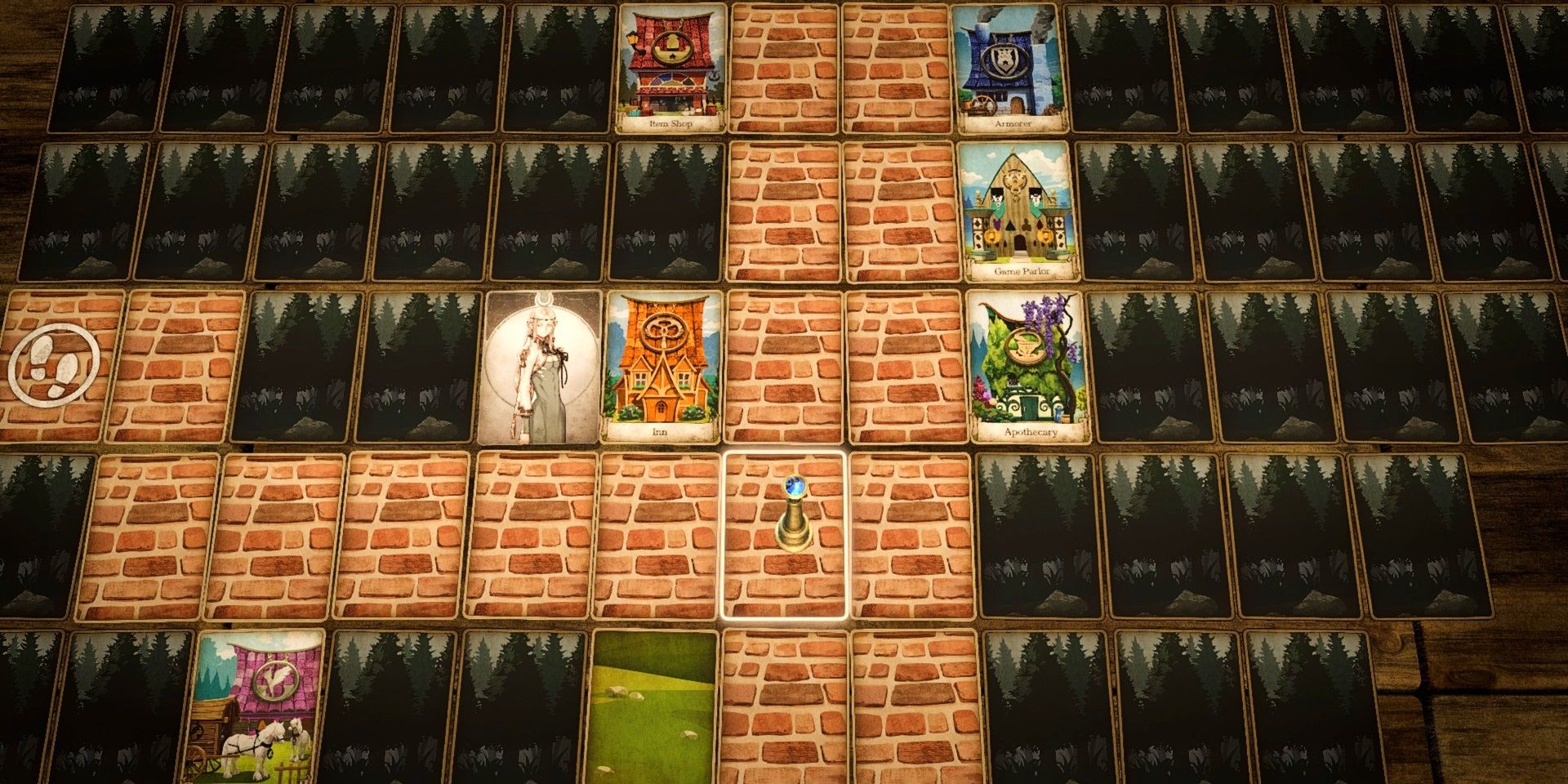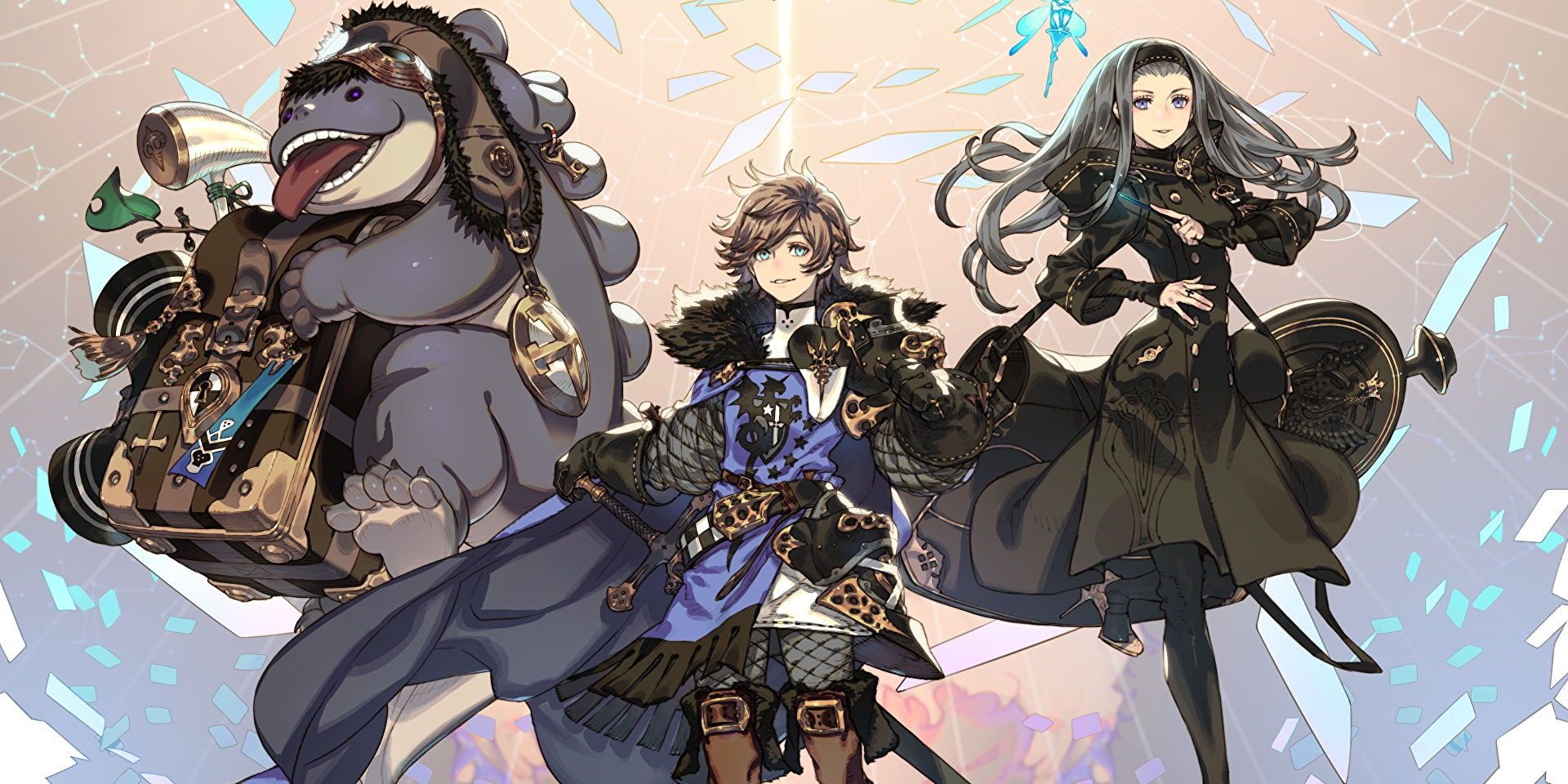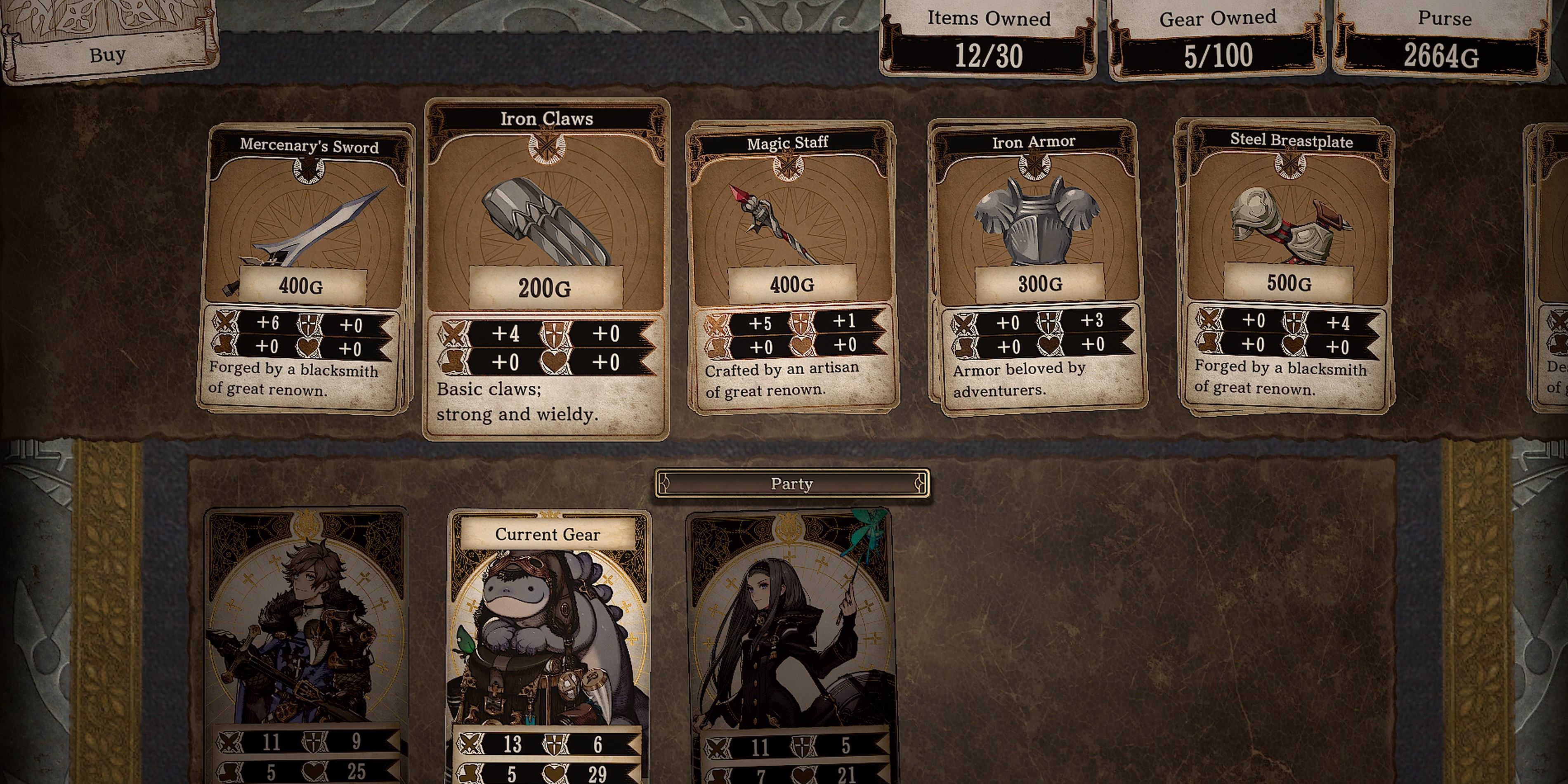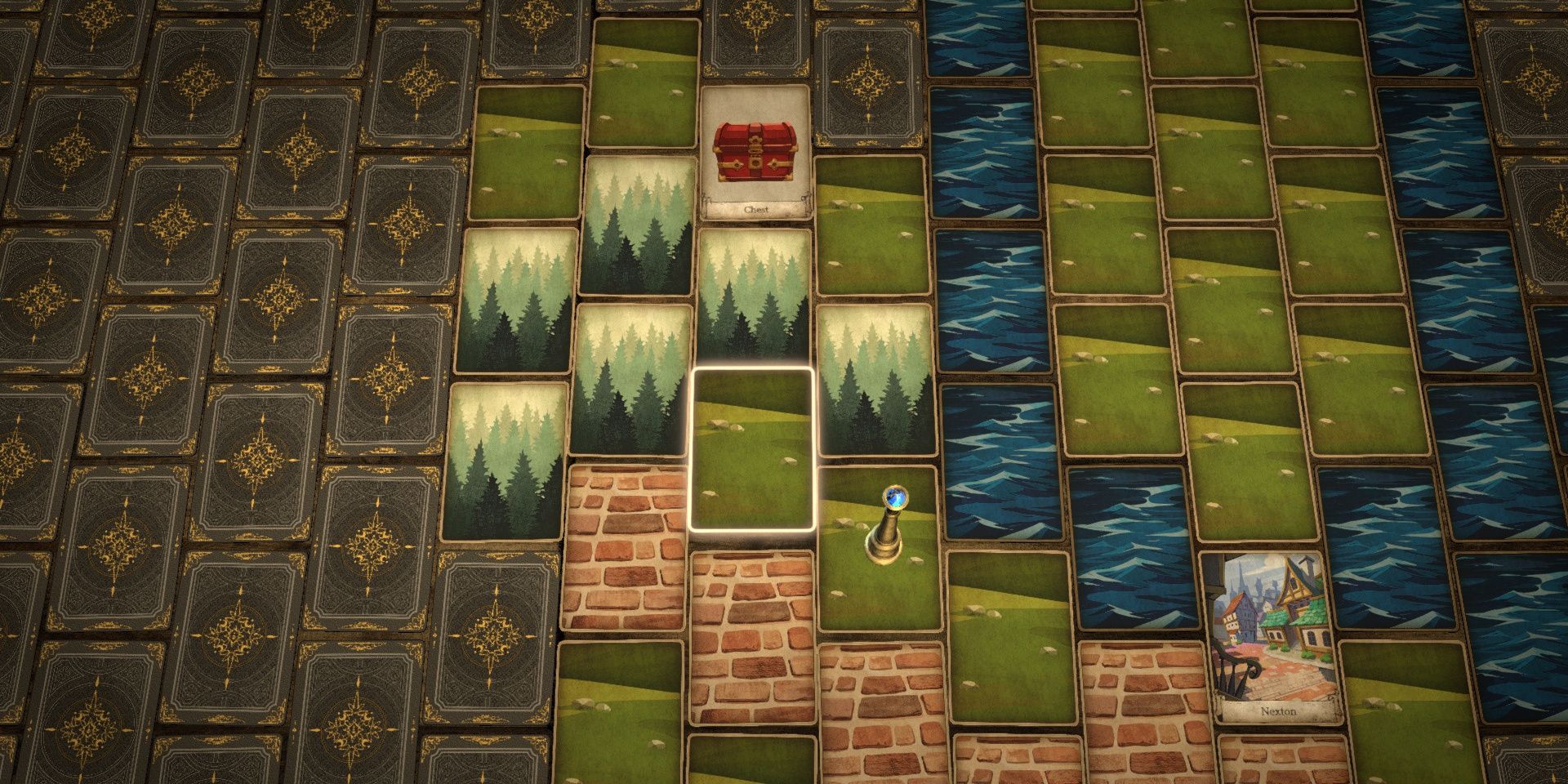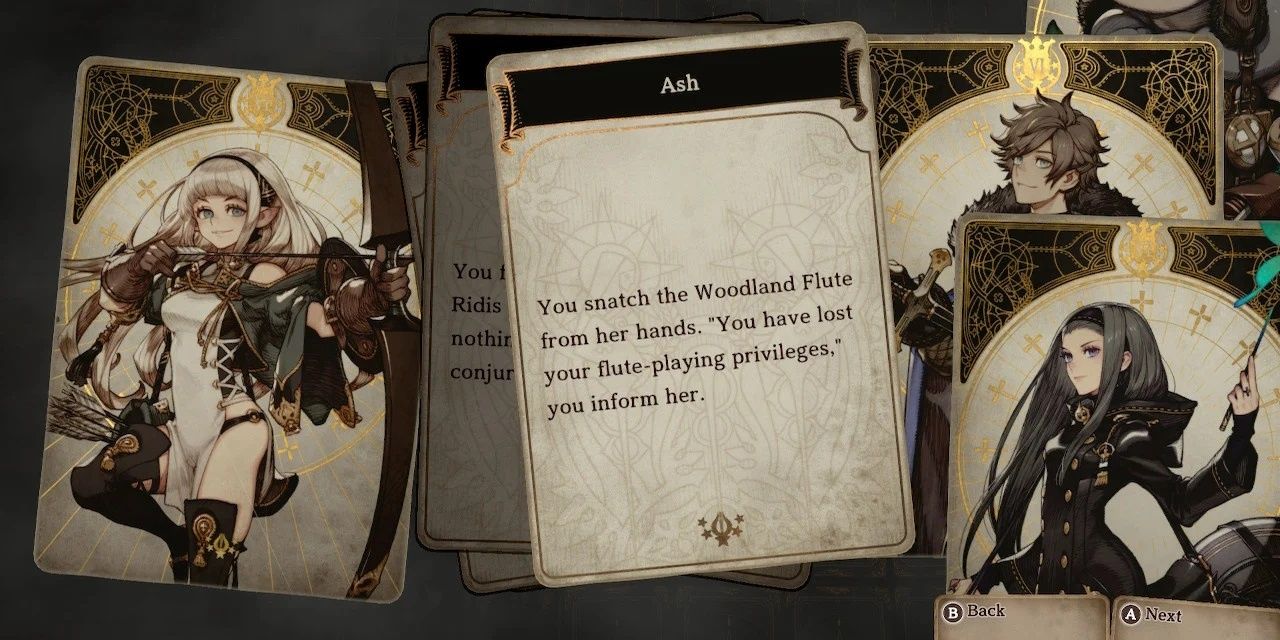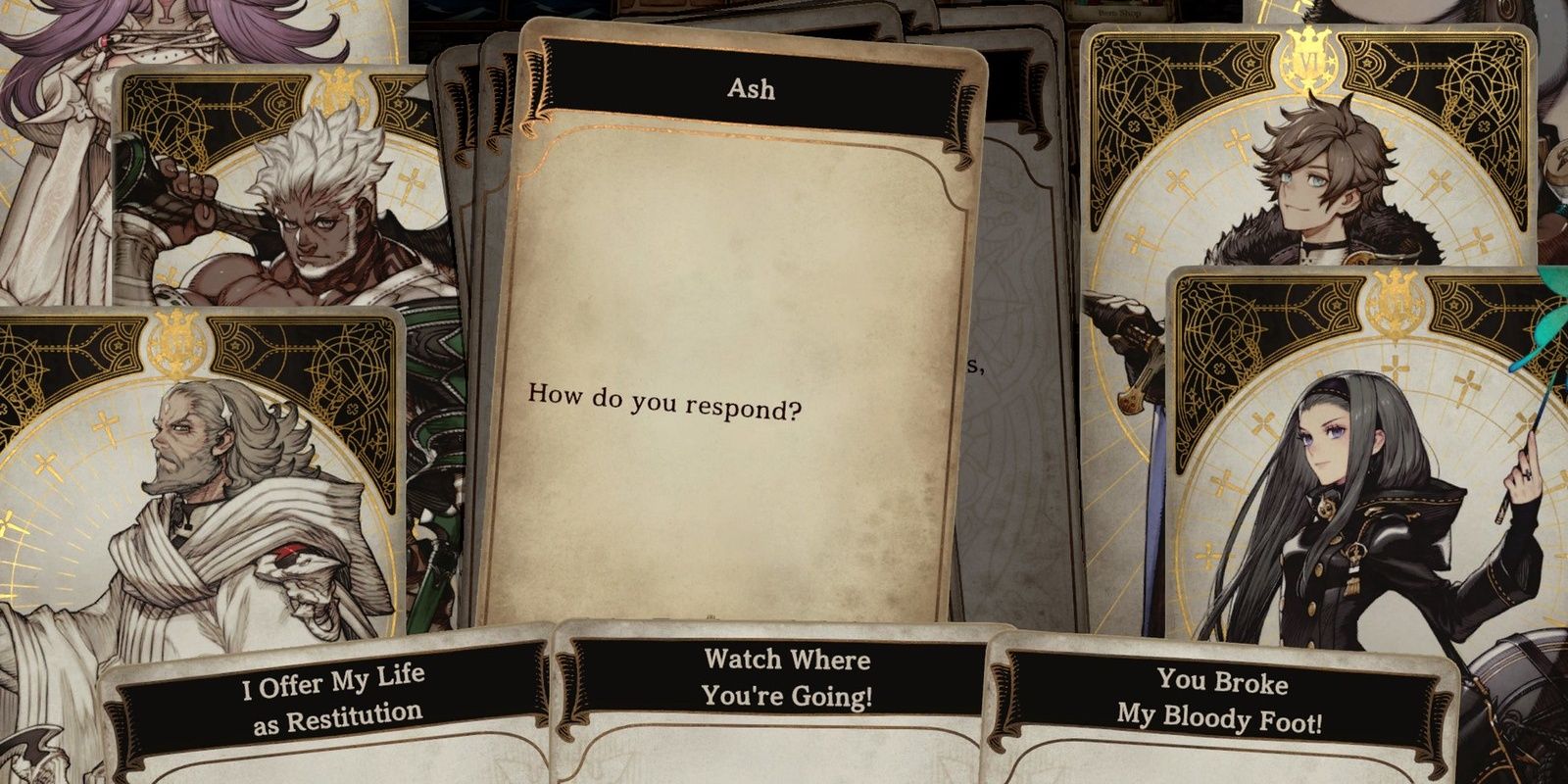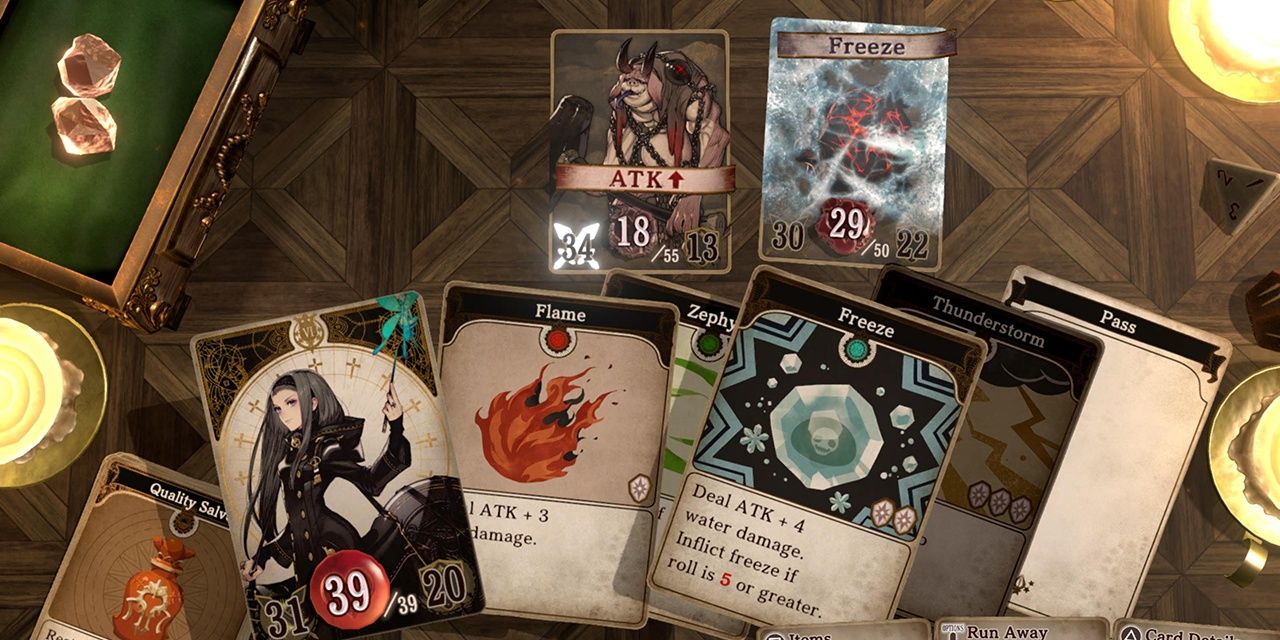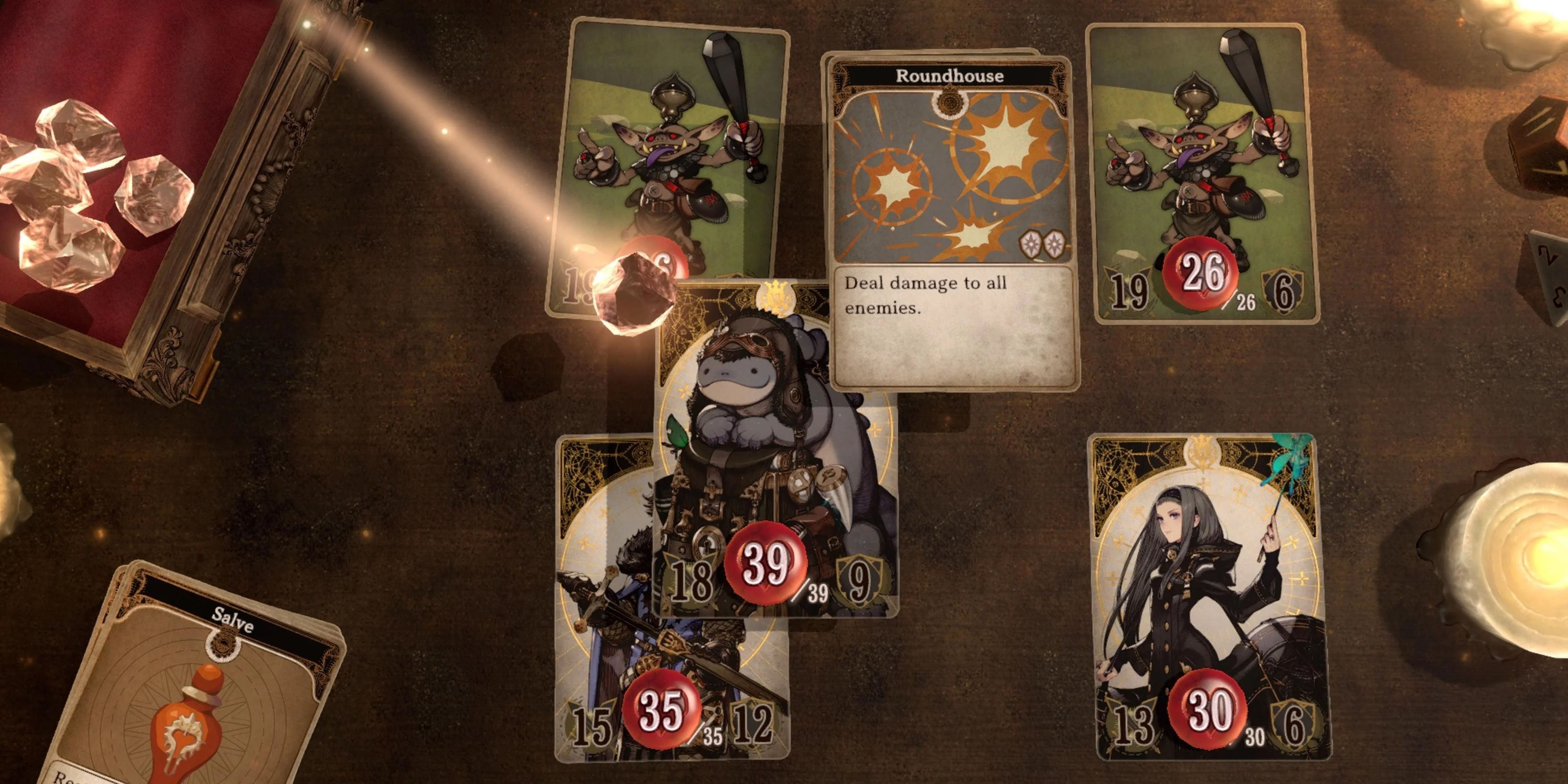A brand-new JRPG on the scene is always exciting for fans of the genre. The anticipation that maybe a new franchise could be added to the pantheon of classic JRPGs is a mouth-watering prospect for fans and developers alike. Voice of Cards: The Isle Dragon Roars had all the potential in the world. It was instantly recgonisable, had bucket loads of charm and was ready to set the world on fire.
When it finally launched, it made a decent splash, but not a huge one. There's plenty to enjoy with it, but overall, players didn't quite fall head-over-heels in love with it like they did when a new franchise such as Xenoblade Chronicles first dropped.
10 Loved: The Aesthetic
One of the things that will immediately draw players into Voice of Cards is the immediate warm and charming feel of the game. The presentation as a tabletop adventure, with a lovely DM guiding you through it all invokes that same instant connection that games like Hand of Fate managed.
A lot of care was put into making this feel like a warm and welcoming experience, nailing some of the most satsfying parts of tabletop, like setting up the world just right and moving the pieces around with satisfying effects.
9 Didn't Love: The Narrator
While the game's narrator initially seems like a perfect part of the experience, it quickly becomes apparent that more work should've been put on this aspect. His reading voice is very plain and monotone, it works for exposition and description, but since he also reads all the dialogue, it makes the whole thing feel lifeless.
The narrator makes no attempt to put on voices or read things in different tones for different charcters, which makes the overall narrative experience less engaging. It wouldn't have been too big an ask to get a voice actor who could do a range of voices, or even get in several voice actors for the characters' dialogue.
8 Loved: The World
While it may be described in a monotone voice, the world itself has a lot to love about it. While each town may be visually similar, they all have enough other characterisitcs to feel distinct. Be it because there's monsters all over, or everyone the player talks to is really on-edge.
It's not the most complex environement out there, but the story inherently links to the state of the world and that immediately makes it a more immersive place to be. Players immediately get a firm understand of why they want to go out and slay the dragon to save the world.
7 Didn't Love: The Characters
One of the main things that makes all of the great JRPGs is the colorful cast of party members that people can connect with. Voice of Cards just doesn't have that. It's not through a lack of trying, to be fair, there clearly was effort put in to make each character feel unique, but it doesn't quite land.
The fact that they all have the same voice is a huge part of this, but the fact that the game isn't long enough to properly flesh them out is a problem too. When each one is introduced, players are given a rough idea about their backstory and why they'd want to go out on the adventure and that's about it. Aside from the protagonist, none of them get any fun character moments where they shine on their own.
6 Loved: Exploration Is Rewarded
Voice of Cards doesn't have a particularly big world, but it makes the most of what it has. The Mysterious Cards that players will quickly stumble upon give imediately intruige and encourage players to seek out every nook and cranny of the world to find the rest.
Aside from that, wandering the wilds will lead to fun events where unique characters appear. There are also various little treaure hunts where players must solve a small riddle and find the right spot on the map to uncover the loot. It's a game that encourages players to see everything they possibly can.
5 Didn't Love: Exploration Is Slow
The problem with the game pushing players to see everything is that doing so can sometimes be a chore. Random encounters quickly become a bit of a bore because of how slowly everything moves. The animations are very engaging, and make the big battles feel big, but the way everything slowly shuffles about makes the short encounters in the wild longer than they need to be.
That's not all, as actually moving the piece around the map comes with it's own animation which can make walking across a field feel like quite the drag, even when encounters are avoided. The jump feautre at least allows players to get back without any trouble, but it does sometimes disincentivise wandering off for no real reason.
4 Loved: It Doesn't Take Itself Too Seriously
One of the better parts of Voice of Card's writing is how it strikes the right balance between conforming too, and making fun of, JRPG tropes. The game is a fairly by-the-numbers JRPG, which is fine because the writing is able to inject a sense of fun into events and character encounters.
The narrator has this subtly sarcastic tone in his voice that comes out at tjust the right moments when something ridiculous is happening. At the same time it doesn't go too far and become cringeworthy at how much it's trying to be funny. It manages to reach a quite natural level of humor.
3 Didn't Love: False Choices
Voice of Cards has a very clear idea of the story it wants to tell, and how it wants the characters to be. This is fine on it's own, plenty of JRPGs have strict control over the player characters and their key actions. The problem is that the game constantly gives players options to go against that, but then immediately negates them.
The protagonist is deliberality written as a bit of a jerk, which isn't problem because they've got to grow from somewhere. The game gives players dialogue choices, often one seeming mean and the other quite nice. However, when players pick the nice option, the character will still be a jerk and go against the spirit of how the choice was presented. Giving players input like this and then ignoring it can be frustrating and make players feel like the game doesn't care about them.
2 Loved: Light And Fun Combat
While endless random encounters are an annoyance with Voice of Cards it is helped by the fact that the combat system is exactly at the complexity it needs to be to shine. The gems system forces players to plan a few turns ahead and consider where they're going to use their most powerful moves.
Addtionally, it doesn't overbare on the whole combat process. The game gives players full control over which abilities and skills they want equiped, meaning it's fairly simple for players to form a strategy their happy with, and can rely upon for most battles. It helps bring the fun out of the game's fights, but does have an unfortunate consequence.
1 Didn't Love: It's Too Easy
The lighter combat system, paired with the brisk progression system means that game never does much in the way of challenging players. Anyone who has decent experience with JRPG combat will likely never lose a fight, and even beginners can likely go all the way until the final chapter without having to resort to healing items.
Being easy isn't a problem in-and-of itself, but when combat is the driving force of the gameplay, and the game is relatively short for a JRPG, if there's no challenge, then players are going to get bored far quicker than they otherwise would.

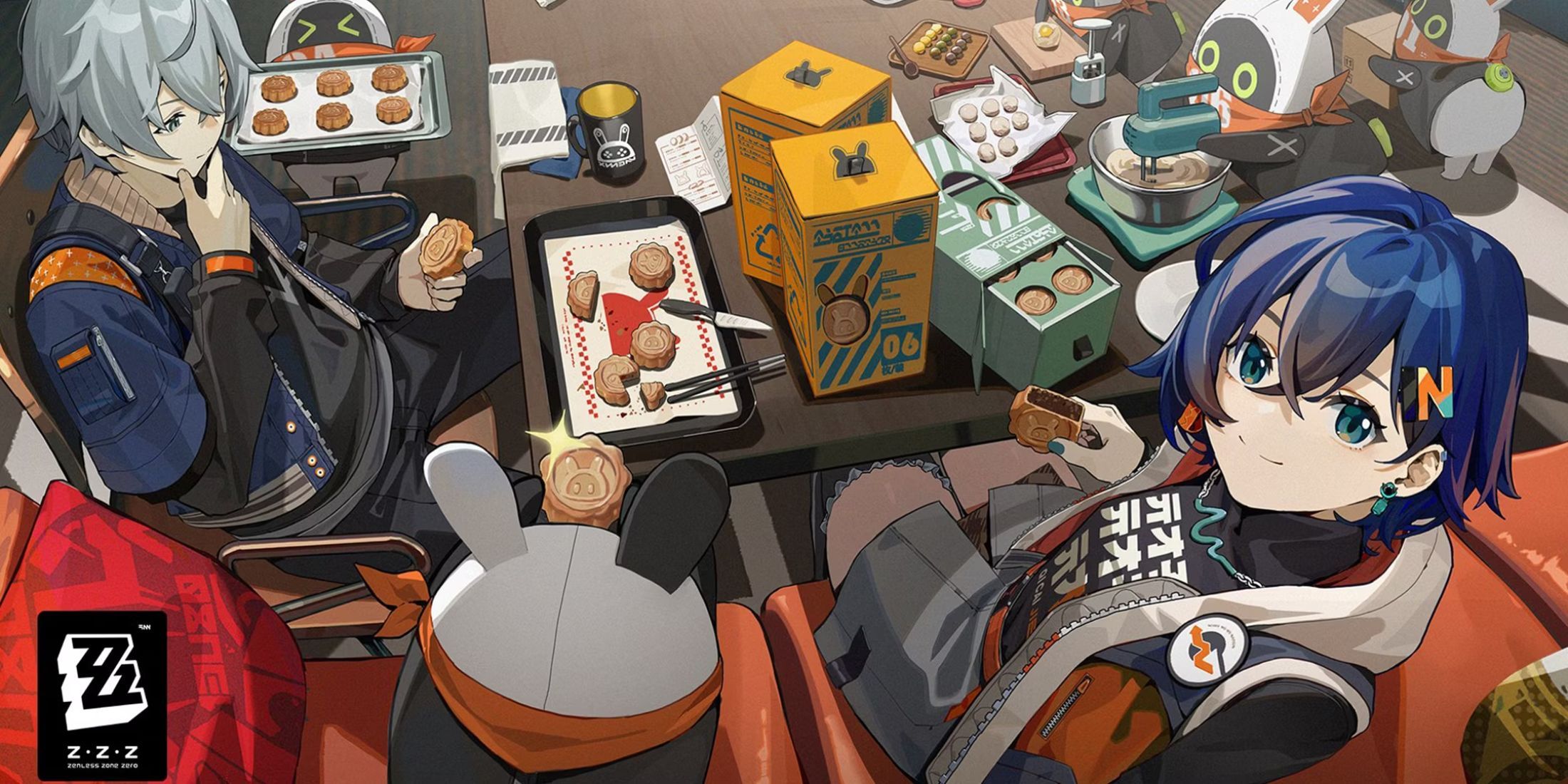
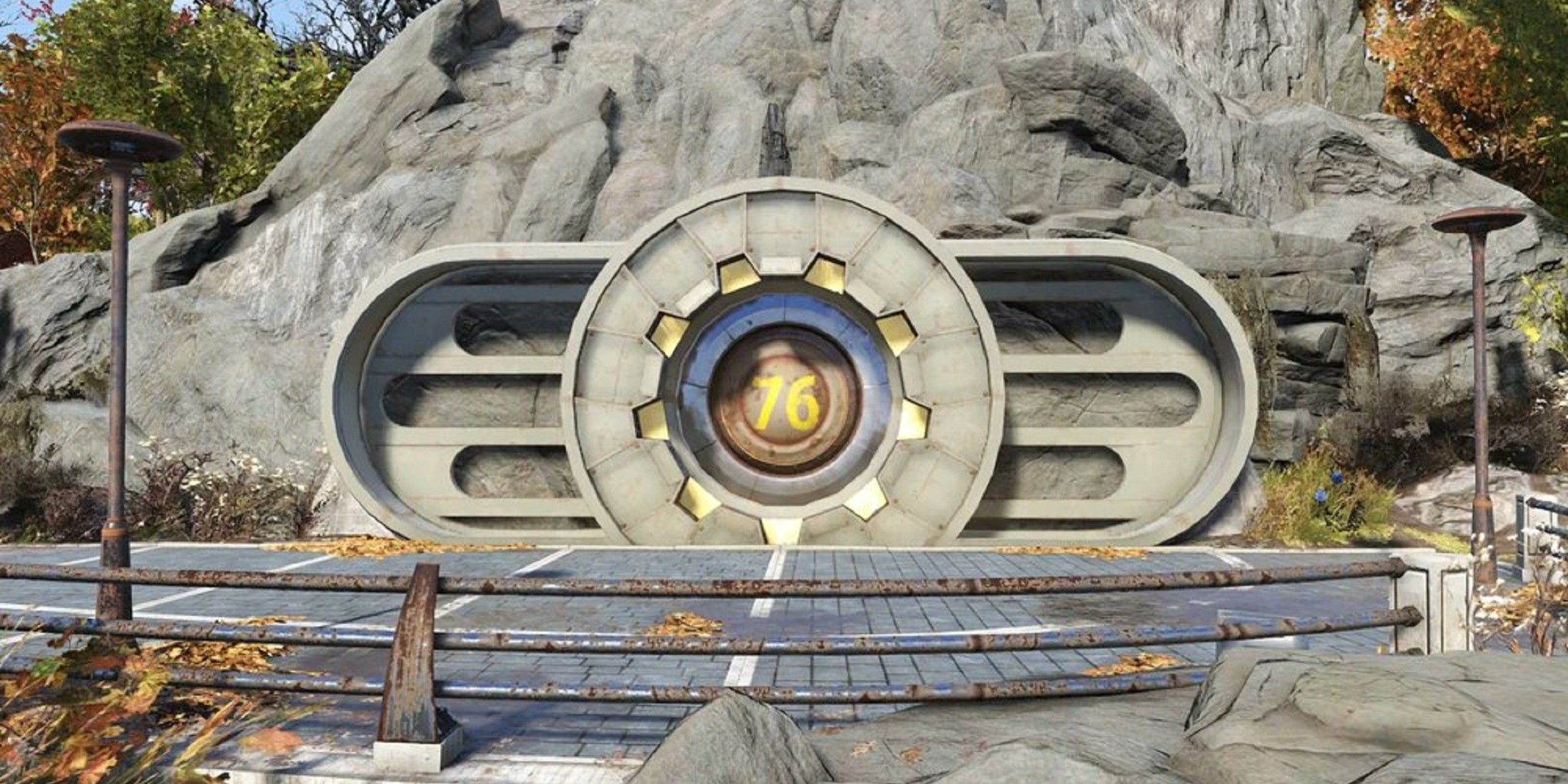
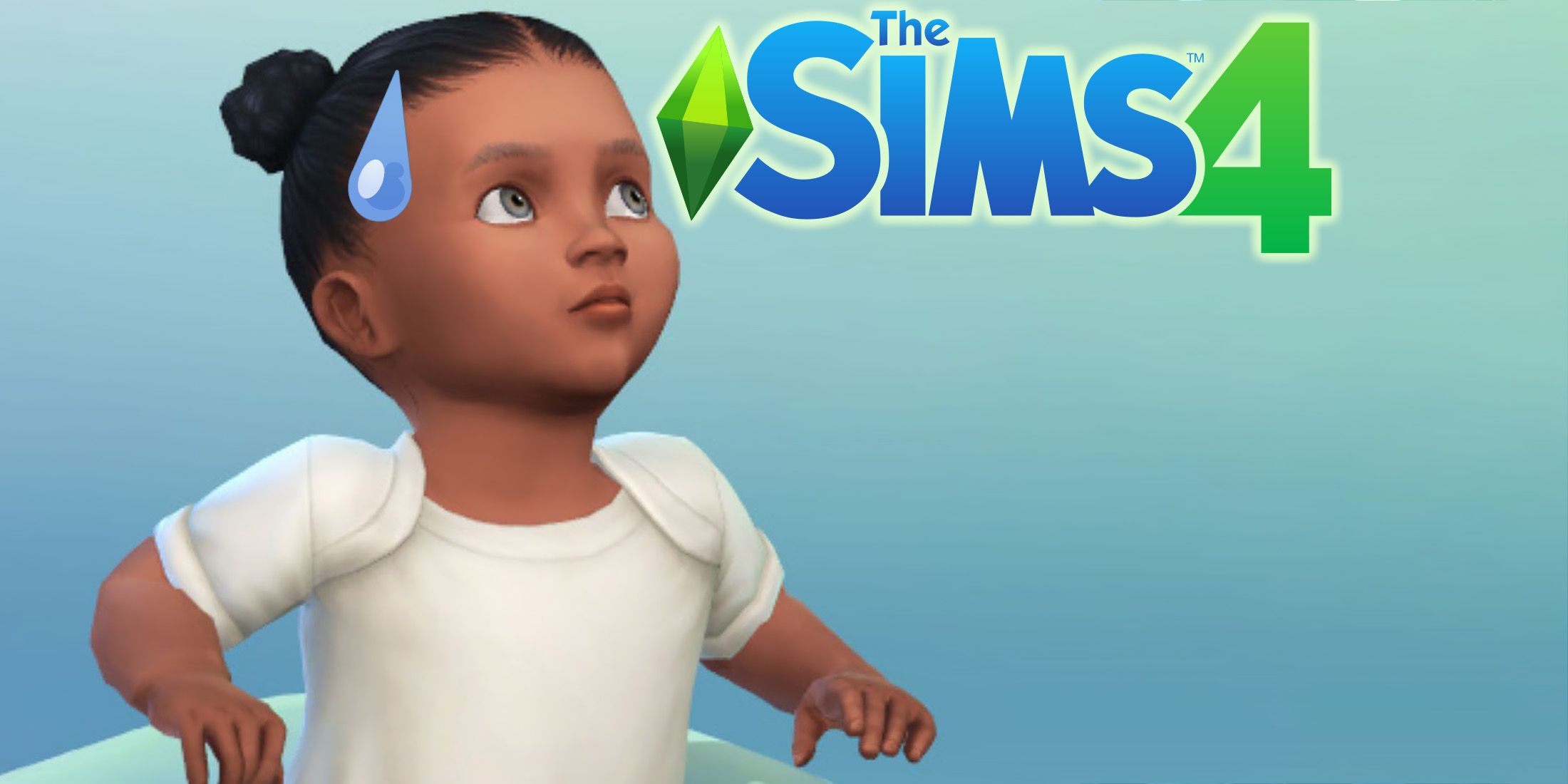
.jpg)
